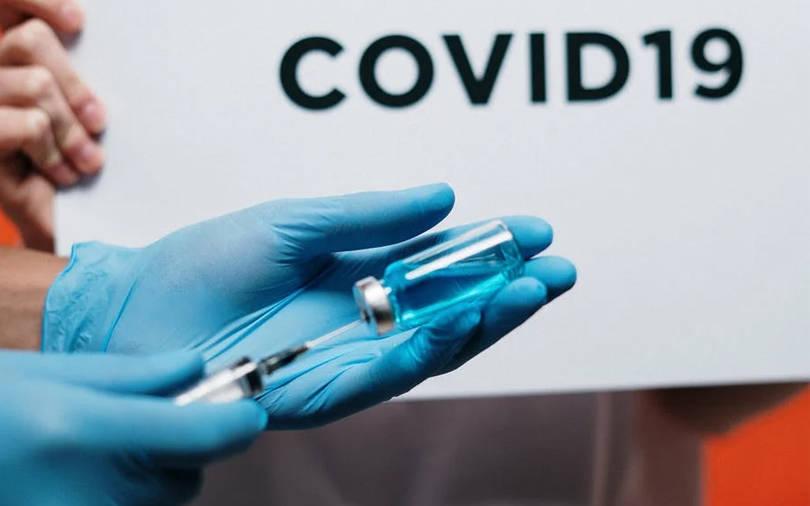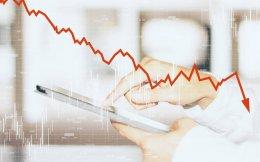India's economy is expected to recover early next year from recession, but at a modest pace, according to a majority of economists in a Reuters poll who said their upgraded growth predictions were based on the progress of COVID-19 vaccines.
The recent vaccine news has boosted Indian stocks to repeated record highs and fuelled hopes of a pick-up in economic activity. That, coupled with festive-led demand, has lifted optimism amongst economists over the past month.
Nearly two-thirds of respondents, 26 of 40, to an additional question said their growth views - which have been raised from a month ago - were based on that vaccine progress.
"We expect growth recovery to strengthen...helped by continued normalisation in economic activity as incoming COVID-19 data remain benign and do not require large-scale shut-downs," said Upasana Chachra, chief India economist at Morgan Stanley.
"We also assume vaccine availability in Q1 2021 would help reduce the tail risks and accelerate the pace of opening up of the economy."
The Nov. 18-25 poll of nearly 50 economists showed the economy would contract in the July-Sept and Oct-Dec quarters by 8.8% and 3%, respectively, but less than the -10.4% and -5% predicted last month.
The median expectation for the July-Sept quarter was an upgrade for the first time since polling began for the period in April 2019.
While the economy was expected to return to growth, expanding 0.5% in the Jan-March quarter and come out of recession, the consensus of -8.7% for the current fiscal year would still mark the first full year of contraction in four decades.
The economy was then forecast to expand 9% and 5.8% in the next fiscal year and 2022/23, respectively, but it was not expected to return to pre-COVID-19 levels any time soon.
That is in stark contrast to stock market strategists polled by Reuters this week, who overwhelmingly expect company earnings to recover within the next year.
But the recovery still faces several downside risks, including the availability and the distribution of vaccines to over 1.3 billion people in the country.
A resurgence in coronavirus cases in some parts of the country has led to renewed lockdowns, which is likely to further damage the ongoing supply-side disruptions such as transport, increasing the risk of high inflation for a prolonged period.
Indeed, retail inflation, which has remained above 4% - the middle-point of the Reserve Bank of India's target range of 2%-6% - for more than a year, was expected to average above the upper-end of that target this fiscal year.
Asked how long the current trend of low growth and high inflation would last, 36 of 41 economists said over three months, including 14 who said six months to a year.
That gives little room for the central bank to ease and the poll showed economists have again pushed the timing of the next rate cut to the Apr-June quarter, from Jan-March predicted in the previous two surveys and Oct-Dec in the August poll.
While the consensus showed the repo rate would be lowered by 25 basis points to 3.75% in Apr-June, 24 of 38 economists with a view said the central bank should not cut rates.
"Recovery is faster than expected and inflation has been elevated for longer than expected. While both growth and inflation could ease somewhat in coming months, there is no space for the RBI to increase stimulus," said Prithviraj Srinivas, chief economist at Axis Capital.
"At best it can maintain current level of accommodation for a few more quarters.






